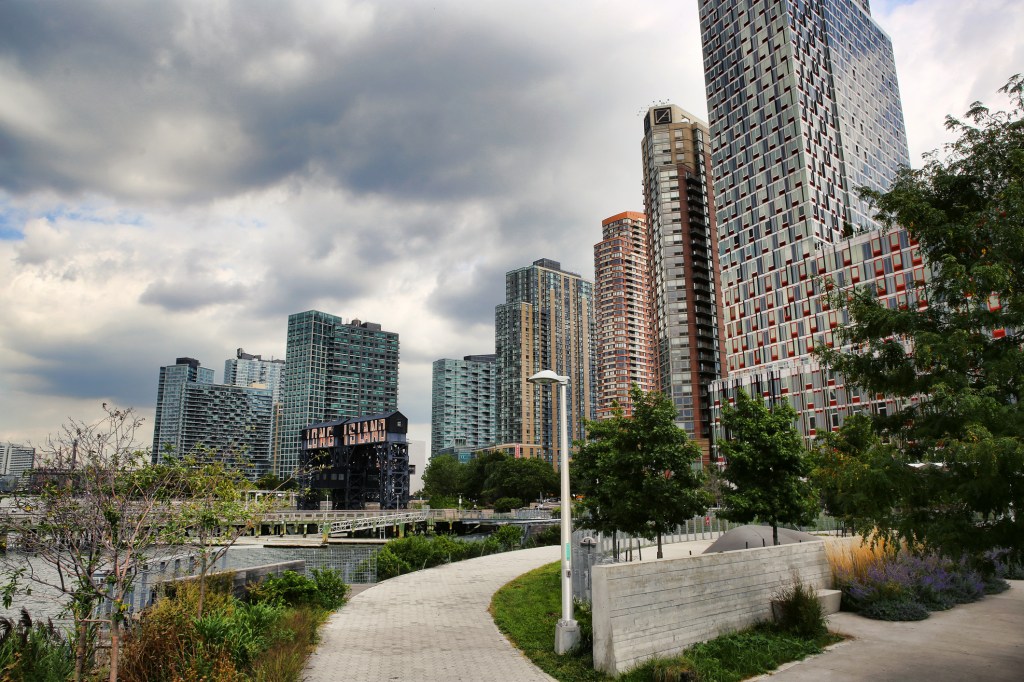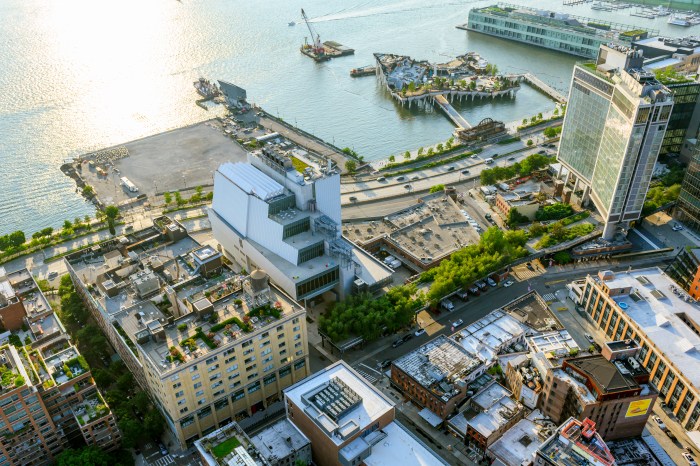When Thurston Williams’ building went up in flames five years ago, he thought he would eventually be able to return to the rent-stabilized Brooklyn apartment where he had lived for more than 30 years.
But Williams, 76, has been locked in a legal battle with his landlord for years, and he is no longer confident he will be able to resume living in his $900-a-month apartment at 665 New York Ave. in Prospect-Lefferts Gardens.
“I don’t know where to go from here,” Williams said. “Nothing is happening now, and I’m in the process of getting new lawyers.”
Williams alleged his landlord, Kings and Queens Holdings, has been putting off repairing the building, claiming the structure is too damaged to fix. Williams plans to challenge this claim in court.
Kings and Queens Holdings did not respond to requests for comment.
For the time being, Williams is paying nearly $1,700 a month to rent an apartment Kings and Queens Holdings set him up with in the Flatlands area of Brooklyn.
Tenant advocates say the government should do more to help people like Williams navigate the legal system.
Currently, lawyers say tenants who lose their rent-regulated housing in disasters are expected to independently know their rights; and when they do, they often have to launch lawsuits to see results.
In the event of a disaster, the government will issue a vacate order if inspectors believe the building has become unsafe. Tenants forced to leave because of a vacate order may file a so-called “rent reduction” with the state, which allows them to pay a monthly rent of $1 and retain the same rights to their old apartment when it is rebuilt.
New York State Homes and Community Renewal, the state agency overseeing rent regulations, said data was not available on how many such rent reductions are filed by city residents.
But Andrea Shapiro, a program manager with the Met Council on Housing, said the tenants’ rights organization gets at least one call a month from people who are in Williams’ position.
Landlords are legally required to rebuild the residences — unless they can prove they cannot afford the repair work, according to Edward Josephson, the director of litigation at Legal Services NYC. He said most landlords can finance the rebuilding, given the coverage provided in typical insurance policies.
But Josephson said landlords often delay rebuilding because they know tenants will eventually grow weary and give up. In effect, he said tenants have to go to court to secure their rights to return.
Landlords will often negotiate with tenants and help them find temporary homes. When tenants still have nowhere to go, the city typically places them in homeless shelters.
When that happens, the city Department of Housing Preservation and Development does not consistently update these tenants about when their old homes will be rebuilt, according to Josephson.
“HPD ought to be able to keep track of these people, so they can stay in touch with them about the apartment,” Josephson said.
A spokesperson for HPD did not respond directly to this claim, but said the agency makes a concerted effort to help tenants regain their apartments.
The current protections do little for the many tenants who never learn about their rights, Josephson said.
And even when tenants are informed, many, like Williams, struggle to find the time and resources to launch a legal battle.
“I’ll do whatever I can to fight this, but I can’t wait forever,” Williams said. “It feels like there aren’t any other options except to wait and see.”
With Sarina Trangle



































